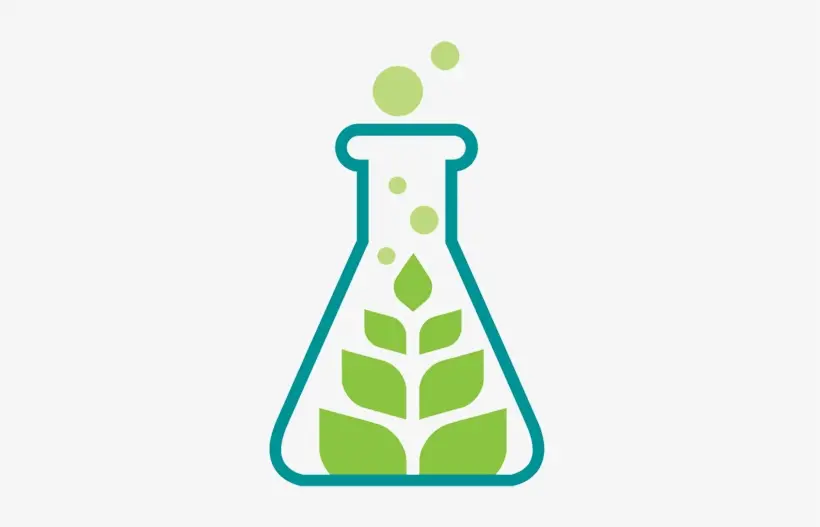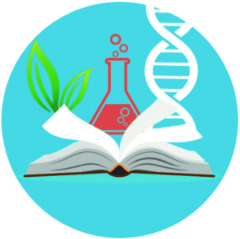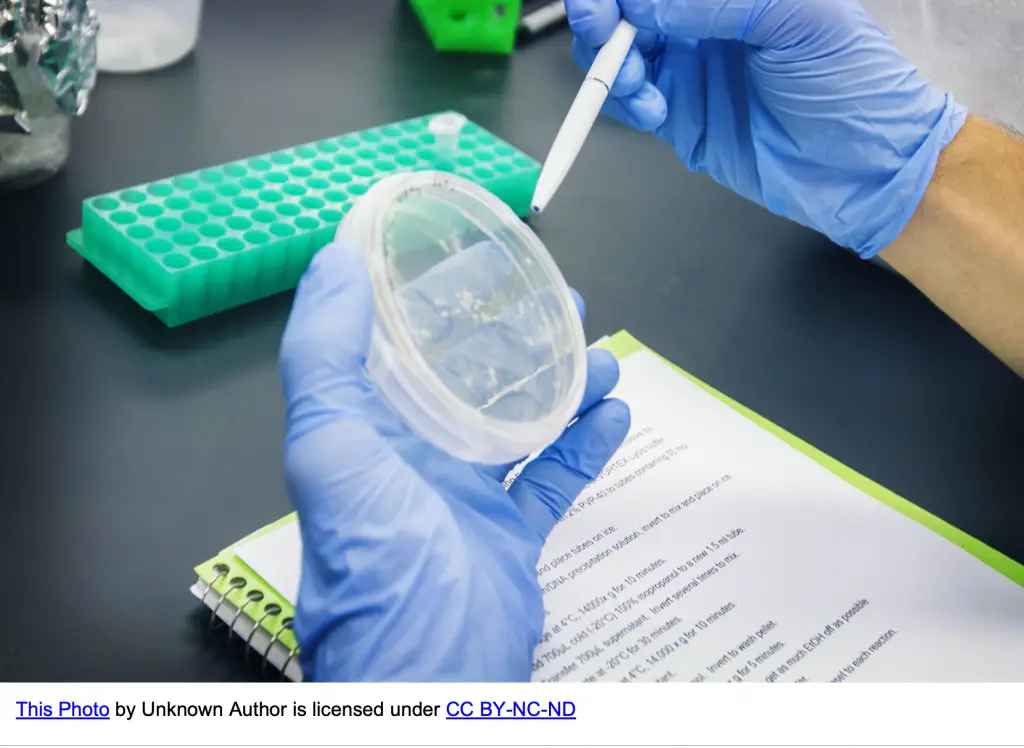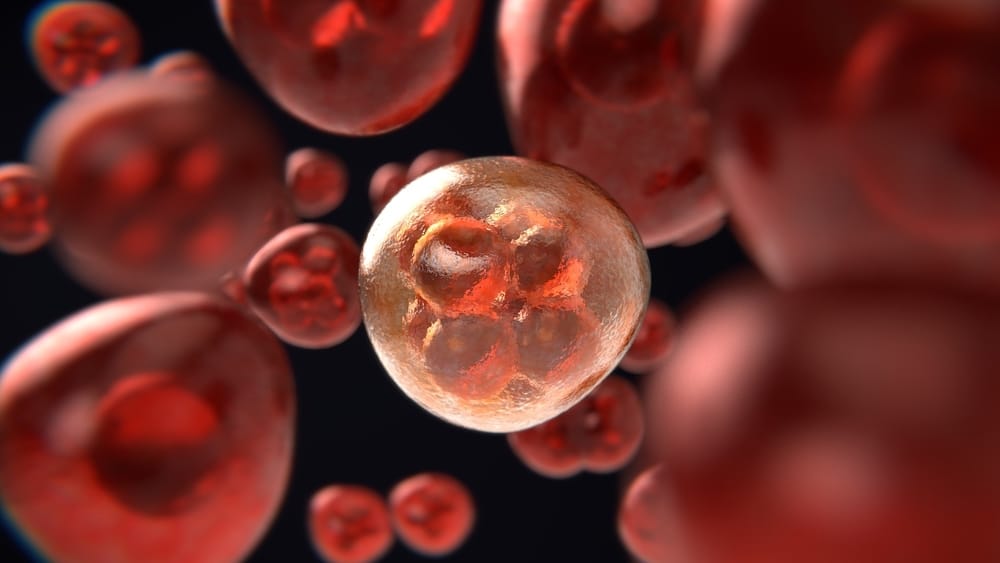
Biology is a vast area of study and a good way to get students interested through an introduction to the subject. A good introduction to the topic should include the basics and include activities that encourage exploration. For example, let students try magnifying cells, bacteria, and other things using microscopes. Introduce the student to the field of biology with easy activities and fun questions. Include topics such as botany, anatomy, physiology, and zoology.
Biology is a practical science and learning about biological systems through experiments in a lab will help students understand concepts and retain information. Students will remember a lesson that takes place in a lab setting much longer than in a textbook. They’ll be more interested in biology, and the material will stick with them more.
One of the best ways to remember what you’ve learned is to apply it to other people. This will help you to move information from your short-term memory to your long-term memory. Another great way to get biology concepts stuck in your brain is to teach them to other people. This method allows you to review what you’ve learned with your classmate.
Introducing Experiments into the Curriculum
Biology experiments are a great way to help students learn the fundamentals of biology. This type of course also allows students to apply their learning to other subjects. By incorporating experiments into the biology curriculum, students can learn more about different organisms and their behavior. Students who enjoy science and want to learn more about it should consider incorporating experiments into their courses.
Throughout the curriculum, students will learn about principles governing ecosystems, communities, and populations. If student have a college task to write about biology and don’t have enough time, they can request a help from coursework writer and get well written essay. They will also learn about the structure and function of nucleic acids and how these can affect our lives. They will also learn about the functions of the human genome and how genes are passed from generation to generation.
Undergraduate students studying biology should be exposed to more physical sciences and mathematics. Currently, undergraduate students are not taught these fundamentals. They need a strong background in these subjects to be able to understand contemporary biology. Most universities offer courses in all areas of the physical sciences, and these courses may be able to help students master the basic concepts they need to understand contemporary biology.

Use a Variety of Instructional Materials
Biology is an exciting subject to teach, and it can appeal to students of all ages. However, if you want your students to retain information, you must use innovative teaching methods. Dry lectures and reading textbooks will not spark much interest in students. The best way to engage students in this subject is to combine various materials. Incorporating hands-on learning opportunities is essential for biology students, and this approach will boost retention.
One of the helpful resource for biology educators is the iBiology Scientific Teaching Series. This collection of educational videos and tutorials is an excellent source for undergraduate biology instructors. These resources also emphasize evidence-based pedagogy and active learning. In addition to the iBiology Scientific Teaching Series, you can also utilize CourseSource, an open-access journal of peer-reviewed teaching resources. These resources are organized around course units in biology and aligned with the learning objectives set by professional societies.
Explain to Students what Biology is for
Biology isn’t the easiest subject to teach, but there are some creative ways to make it fun for students. For example, you can read a book about the life of a bacterium or explain the role of chromosomes. You can also discuss how organisms use energy and matter to survive. Afterward, you can discuss how DNA codes and chromosomes can affect the characteristics of offspring. In addition, you can talk about how genetic counseling and biotechnology can help humans.
One way to explain to students what biology is is to show them a diagram of DNA and how it works. DNA is a molecule made up of two strands that coil and twist to form a double helix. Each strand contains hundreds of thousands or millions of base pairs. In eukaryotic cells, DNA coils around proteins called histones to form a nucleosome.
Another great way to motivate students to engage with biology is to use stories. Stories are memorable and easy to understand, so students are more likely to remember them. Another effective way to make biology fun is to use 3D lab simulations like Labster, which follow a storyline.
One great way to explain to students what biology is for is to highlight its relevance to everyday life. In this way, students can relate biology to their everyday lives, which can influence their career choices.
Discuss what You’ve already Learned
Whether you’re taking a biology course in college or just want to earn credits to get into medical school, you can learn how to earn biology in a fun way. Instead of boring lectures and tests, try to make the course more engaging by using a variety of creative teaching techniques. For example, consider using stories to introduce topics. Not only are they easy to remember, but they are also fun! One way to use stories in biology courses is through Labster simulations, which follow a storyline.
Explaining what you’ve learned to a classmate will help you recall concepts better, which will help you retain the information in your long-term memory. Also, remember that biology is full of specialized vocabulary. To learn this vocabulary, you can discuss it with a classmate and use it in sentences.
Conclusion
Getting the right feedback can help you improve your work. It’s important to get feedback from your peers and instructors. This way, you can learn from their strengths and weaknesses. Then, you can improve your conclusions. Use the “So what?” Game to help you refine your conclusion.
A good thesis conclusion should be memorable. It could include a call-to-action, a recommendation, or a note about future research. It should also refer back to the introduction, and use some keywords from the introduction. This will help your reader feel that they have learned something from your essay and are ready to take action.








